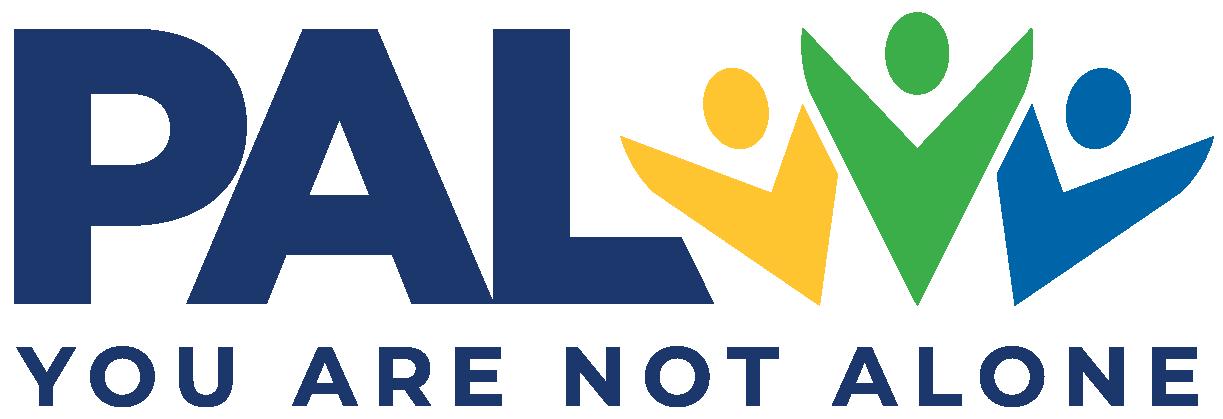
In my counseling practice I often notice that when my clients are dealing with a loved one with substance use disorder, they tend to have the spotlight focused solely on their loved one and forget that they have a life of their own to live. Eventually, when self-care is cast to the wayside, they begin to experience negative consequences from a life that is out of balance. Many withdraw from social life, have a lack of self-care, and fail to address their emotional issues and their spirituality. Some discontinue their exercise program or begin eating in an unhealthy manner or not much at all. It’s important to notice this and correct your course.
I have adapted some of these concepts from an article by Dr. Michael Yale, Ph.D. entitled “Healthy Balanced Living.” I regularly use these concepts in my work. It’s quite easy when dealing with a traumatic situation or a crisis with your loved one to set certain things aside and adopt the mantra that “I can’t focus on myself, my loved one is the one who needs my focus and attention.” This will work for a while but eventually neglecting your own self-care will likely manifest in a myriad of physical, emotional, and health issues. I hope that as you look forward into the new year you will utilize some of the ideas offered and begin your journey to a more balanced life in 2024.
- Feelings: How do you feel? Are you happy, tired, sad, hopeful, hopeless, angry? Ignoring your feelings will lead to being out of balance with them. It can help to write them down and then talk about it with a friend or your PAL group.
- Relationships: Are you maintaining your relationships with those outside of the issue with your loved one such as your friends and family? Are you pushing people away to avoid talking about your loved one? You can improve this area of your life by making sure to surround yourself with nonjudgmental friends and family that will support you.
- Communication: When you talk with friends have you been focusing only on what is wrong? Are you hiding or denying the truth of what is going on in your life? Say what needs to be said but avoid “dumping,” on someone that has not earned the right to hear your story and will not be supportive. Practicing patience and kindness can be key.
- Work: I often notice that my clients are working too much; however, most rarely agree that they are and don’t see it. When I ask them to make a list of all the things they do related to work, it’s interesting how many times they will acknowledge how out of balance their work life has become. When work becomes a place to escape, or is a distraction, it’s time to evaluate why you are working so much. Is your work life in balance?
- Eating: Have you noticed in the movies that when things go wrong in life, it is customary to eat a tub of ice cream or some other overindulgent food or drink? On the other hand, some will avoid or even forget to eat completely. When we are dealing with issues related to our loved ones you are likely operating at high stress levels, and you may very well do one of these things. Are you eating three balanced meals a day? Food is important to sustain us, not to deal with emotions. Too much caffeine, sugar or alcohol is also not healthy.
- Exercise: Exercise is a great help when you are not feeling emotionally well. We all know that exercise can help in many ways from our physicality to our mental outlook on life. It can, however, be the opposite for those who become obsessed with it and go overboard. Once again, balance is essential. Are you taking the time to get some physical activity? Waiting until you “feel like it” is unlikely to result in getting out and doing it. This is a time that we need to act our way into feeling and usually you will be glad you exercised. I’m not talking about two hours of Crossfit! A twenty-minute walk is a great start. Hopefully the next time will be easier now that you have started, and you may even enjoy yourself!
These six areas are a great start for you to explore in finding balance in your life. Next month, we will explore six more areas. Think of these 12 aspects of a balanced life as spokes in a wheel, if one is shorter or missing or oversized, the wheel simply will not work as it was designed.
May I suggest that you take a moment and assess where you are regarding these six areas? Be honest with yourself. If you are in the middle of a crisis with your loved one, ask someone close to you to give you honest, candid feedback then take that first step and work on getting your life back in balance.
Blessings,
Ron Paterik, MA, LISAC
Ron is a licensed independent substance abuse counselor at Grand Canyon Counselling, in Phoenix Arizona
